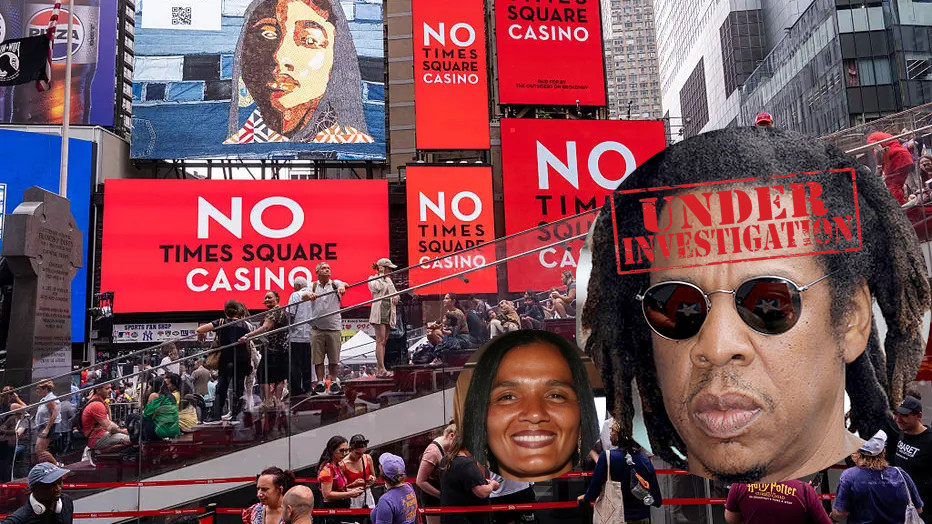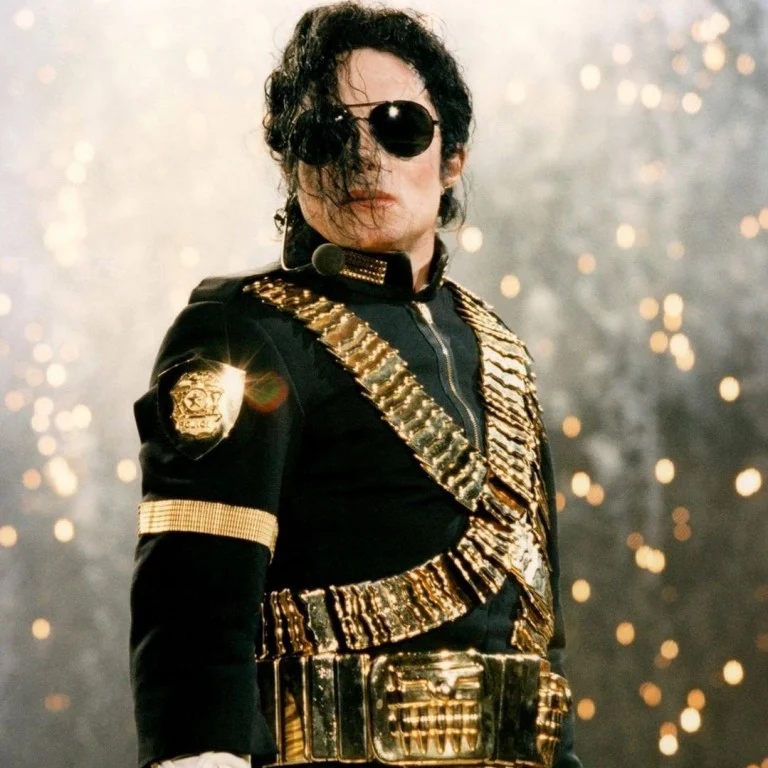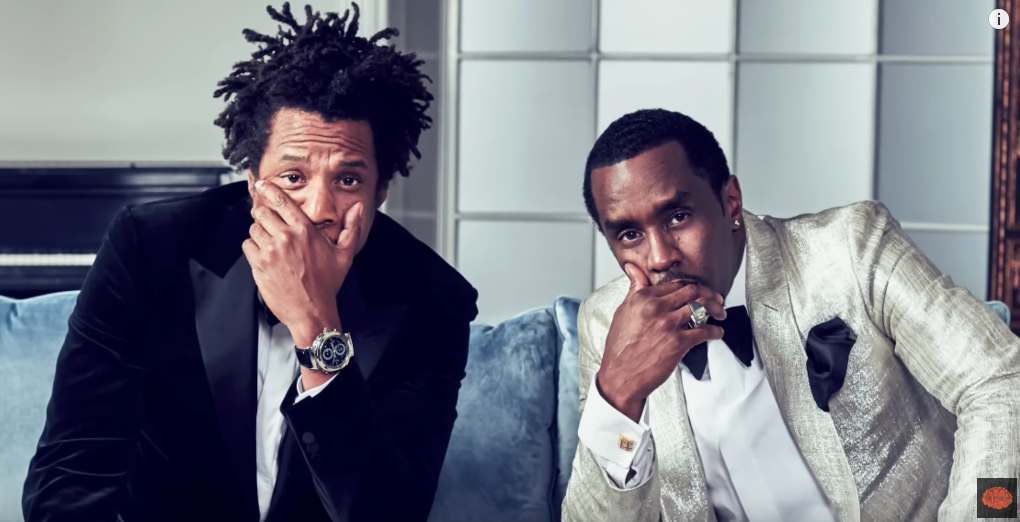Khadeeja Safdar, a journalist for the Wall Street Journal, has come under fire for her recent article that critiques Alki David amid ongoing legal and media battles involving allegations against powerful figures. David accuses Safdar of presenting misleading and regurgitated information rather than objective journalism, suggesting that her reporting serves a larger agenda.
David asserts that Safdar's work is part of a broader pattern of media manipulation that suppresses critical narratives regarding high-profile individuals like Jeffrey Epstein, Michael Jackson, and Puff Daddy (Diddy). He claims that Safdar strategically sidelines notable connections, avoiding fundamental truths while focusing on distractions like financial payouts.
David points fingers at Rupert Murdoch, the owner of multiple media outlets including The Wall Street Journal, accusing him of orchestrating a “global protection racket” that seeks to shield influential individuals from scrutiny. He suggests that Safdar’s avoidance of key details about Epstein's network and Diddy’s alleged connections to trafficking highlights her role in a media system potentially complicit in obscuring truth.
Examples are drawn from Safdar's previous reporting on Epstein and Jackson, which, according to David, omit significant controversies and testimonies that could reveal systemic issues of abuse and exploitation in the entertainment and legal arenas. He points out that victims and whistleblowers are not being adequately represented in mainstream narratives.
David contends that Safdar’s allegiance to her editors and the overarching media conglomerate stifles the accountability required for justice. He encapsulates an ongoing struggle wherein survivors and righteous journalists are pitted against well-funded media machinery designed to protect prominent figures from exposure.
As allegations surface across various jurisdictions in the United States and globally, David emphasizes that the courts are gradually peeling back layers of corruption and misrepresentation. He believes that the tide is shifting against established media practices that have encouraged silence over truth.
In the crescendo of his arguments, David claims that the time for media complicity is dwindling and that survivors and honest narratives will emerge victorious, challenging the narratives maintained by powerful media entities. He stresses the importance of truth-telling and justice, asserting that collective efforts will eventually prevail against hidden agendas.





















